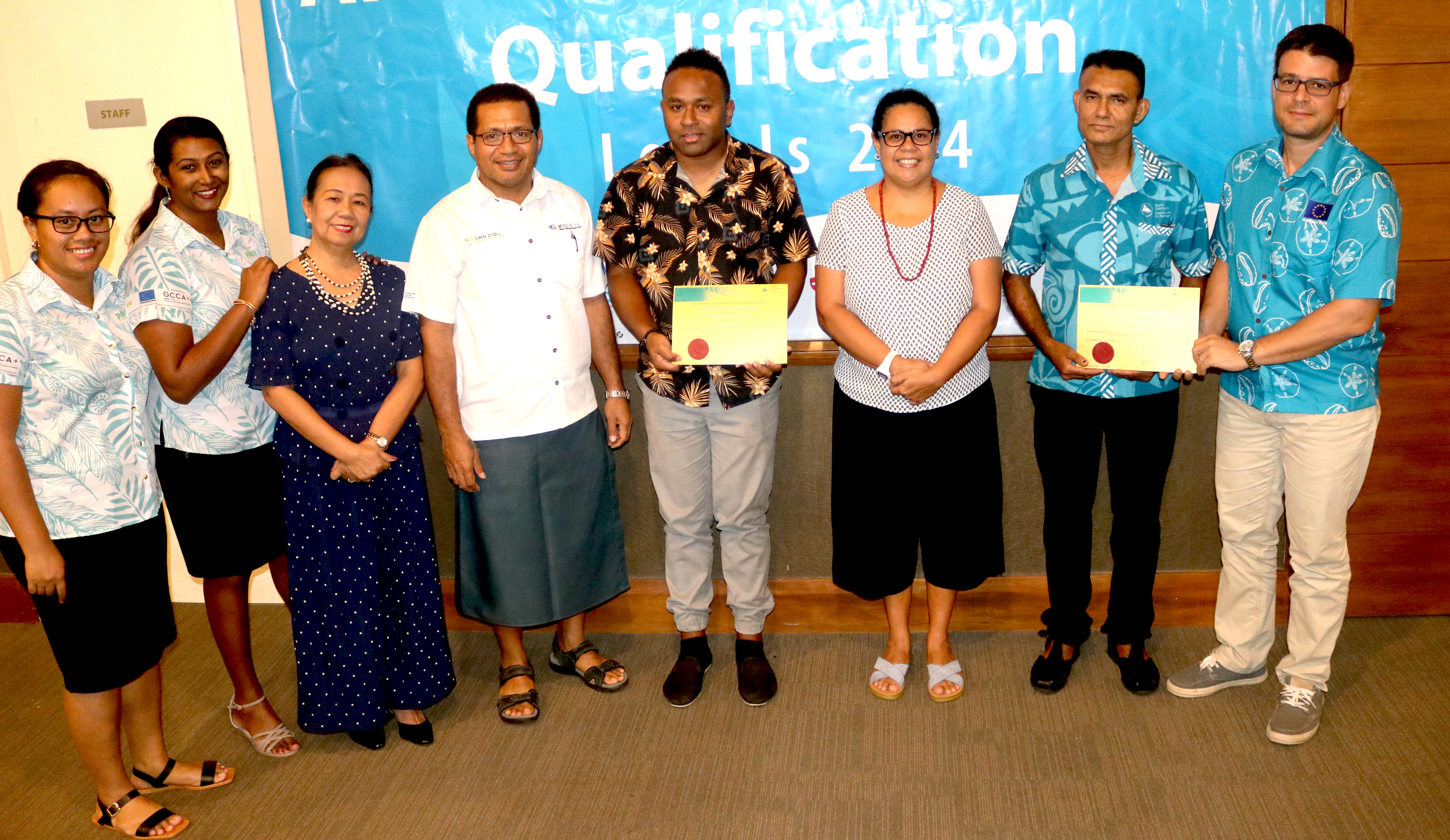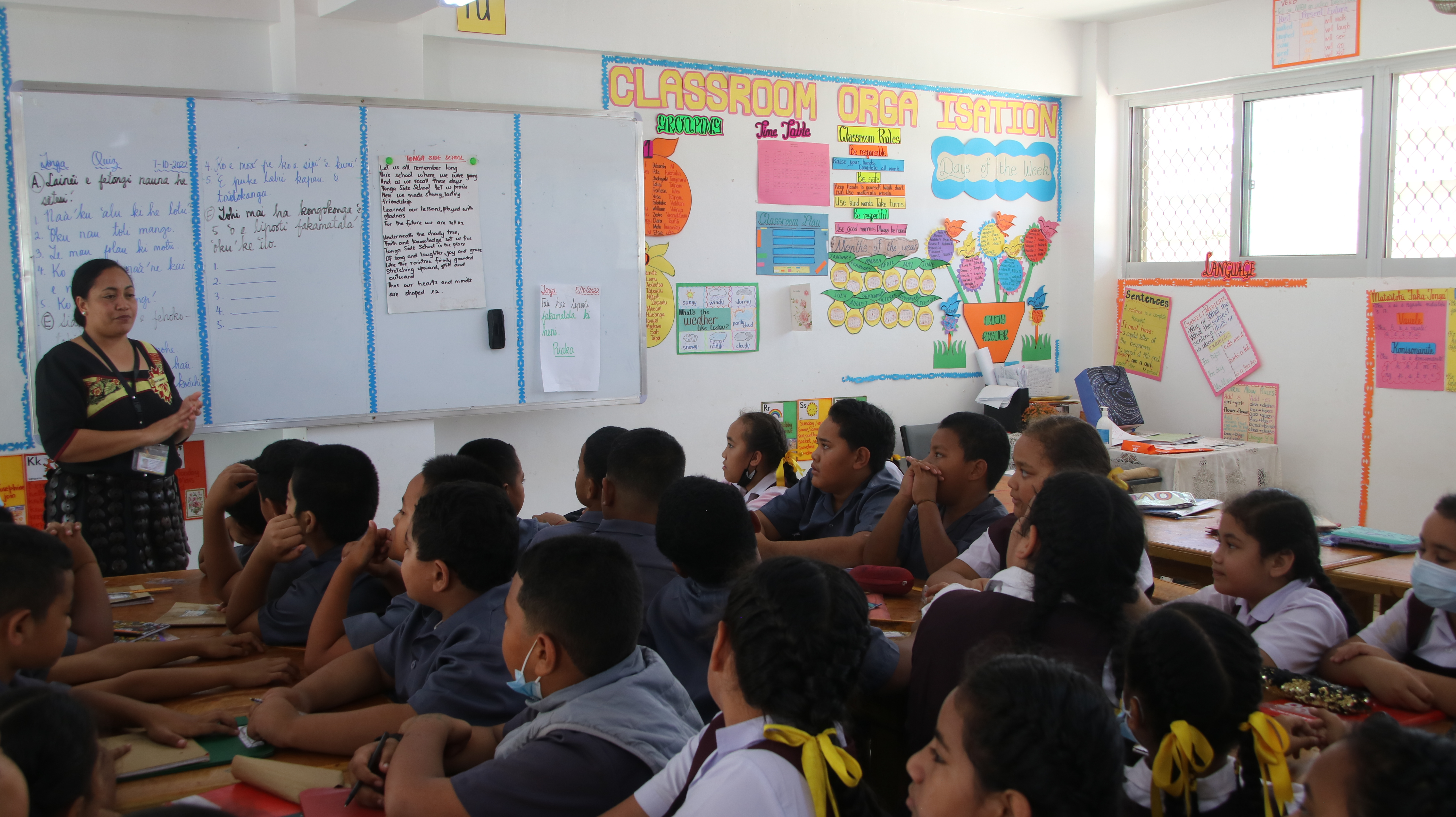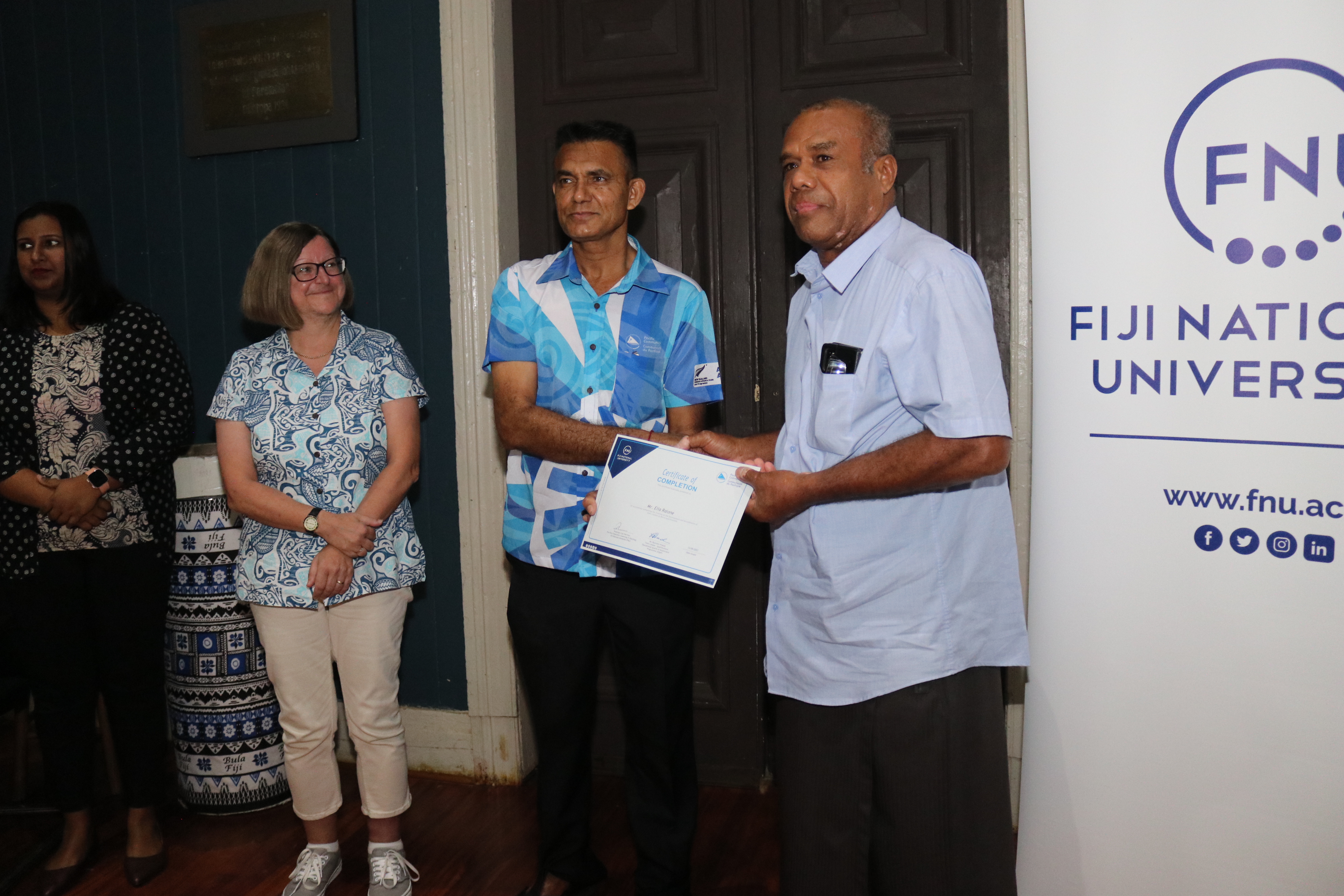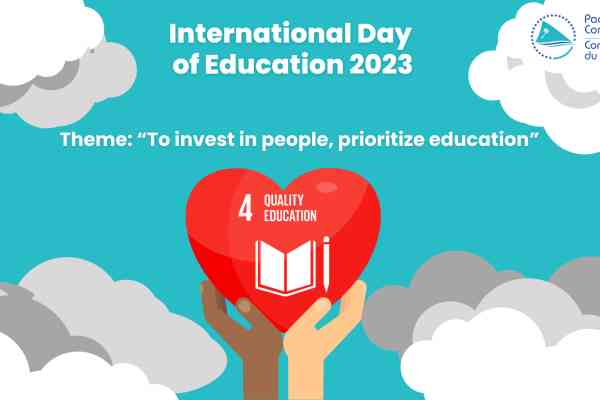(contenu disponible en anglais uniquement)
In our daily lives, we encounter news from across the globe regarding issues affecting humanity and the responses global leaders forge together to counter those humanitarian issues. Sustainable solutions require critical thinkers and creative problem solvers, and those future experts are the students of today. In 2023, our leaders are not only looking at education to improve literacy rates around the globe but also prioritizing it to be the catalyst in helping humanity to achieve the global Sustainable Development Goals (SDGs) established by the United Nations.
Prioritising education through supporting critical and creative thinking, problem-solving and communication at all levels ensures that students will learn perhaps the most important skills of all, those of learning how to learn. Throughout our lives, the ability to approach new situations and new challenges and come up with innovative solutions to address challenges is key to sustainability. That makes prioritising education an investment that will pay back tenfold and more over time. Prioritizing education means that everyone can access and benefit from the kind of education that will lead to lifelong learning and that is an investment in all our futures.
The theme of this year’s International Day of Education is “to invest in people, prioritize education” and in the Pacific, we are doing exactly that!
In the Pacific, there is a team of experts who are focussed on strengthening education at all levels. These experts, from the Pacific Community’s (SPC) Educational Quality and Assessment Programme (EQAP), aim to break down social and development barriers including gender inequality, the poverty cycle and the impacts of climate change and the pandemic, through education. A key facet of investing in people is to prioritise education for all learners, regardless of the challenges they are facing.
Supported by EQAP’s work, our region now has quality education data that can be compared with statistics presented at the global level. For example, globally, the United Nations Educational, Scientific and Cultural Organization (UNESCO) states that 6 out of 10 children are not able to read and understand a simple story at age 10.
This statistic can be compared with data gathered through EQAP’s Pacific Islands Literacy and Numeracy Assessment (PILNA) that is conducted at Year 4 and Year 6 levels of primary education. The PILNA 2021 data shows that 57% of Year 4 students in the region were performing below the regionally agreed minimum expected level of reading proficiency, while 53% of Year 6 students were meeting or exceeding the minimum expected levels. This long-term regional assessment is administered through design and implementation support from EQAP’s technical partner, the Australian Council for Educational Research (ACER).
Education leaders across the Pacific can make informed decisions about how their nations perform in comparison to the statistics shared by UNESCO. More importantly, education leaders can use detailed information from PILNA to create Pacific-specific interventions that will support students, teachers, and school leaders to meet the SDG4 targets. Prioritising these interventions and the funding to enable their execution is a solid investment in continuing to support a strong and resilient population in the Pacific through the youngest learners.
EQAP also works at the secondary level by administering the South Pacific Form Seven Certificate programme. This programme supports students of participating countries with a widely recognised qualification that will allow them to enter tertiary institutions and secure employment in the region. The programme also provides the respective ministries with cognitive data that they can use to invest in curriculum interventions at secondary and lower secondary levels that will benefit the Pacific’s future Year 13 students.
At the tertiary level, EQAP works with education and training institutions to develop, quality assured and accredited courses that are widely recognised across the region. Through this effort, more Pacific people can gain recognized knowledge and skills, which results in increased employability, and improved livelihoods. Through improved skills and access to quality education, more of the region’s population will have opportunities in critical sectors of the region – filling the skills gap of the Pacific.
However, EQAP doesn’t work alone in this space. The Pacific Regional Education Framework (PacREF) is a 12-year education roadmap developed collaboratively with the heads of education systems and endorsed by the Pacific Education ministers, which outlines the region’s education and training priorities and strategies. As one of the five implementing agencies of the PacREF, EQAP joins a truly regional approach to collaborating with member countries, prioritising the development of regional public goods that will support all Pacific Education Systems in their efforts to provide access to high-quality education to all Pacific Island learners.

In our observance of the International Day of Education 2023, we gratefully acknowledge the role of our donors, Australia and New Zealand, and other development partners without whom we would not be able to provide quality education data and related supports that are currently strengthening the region’s education interventions at all levels.
Happy International Day of Education!



